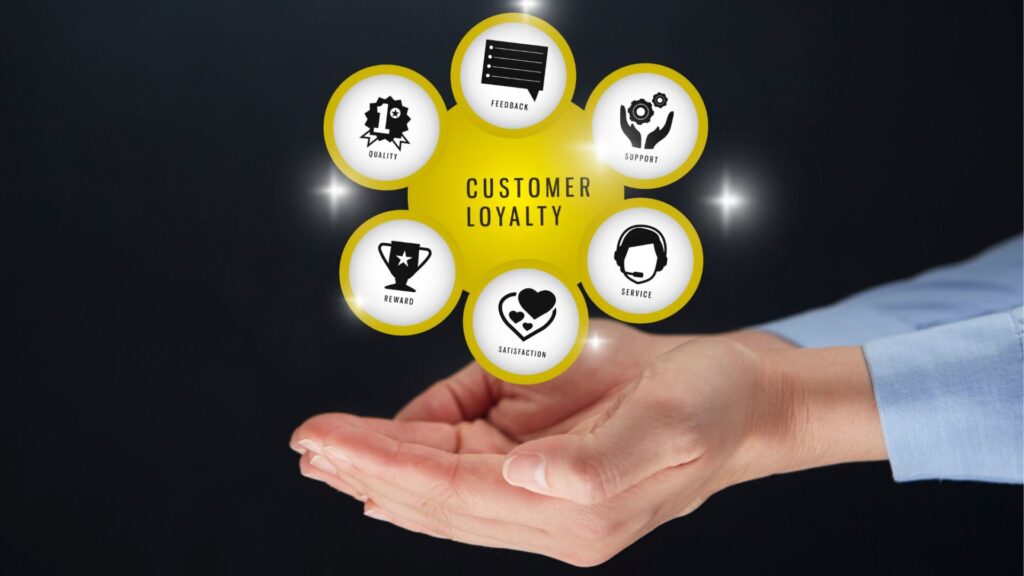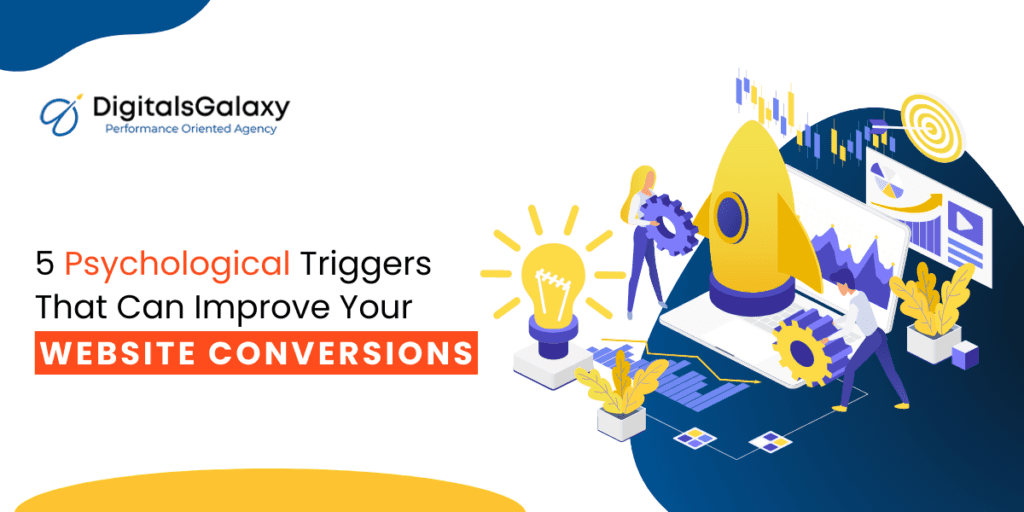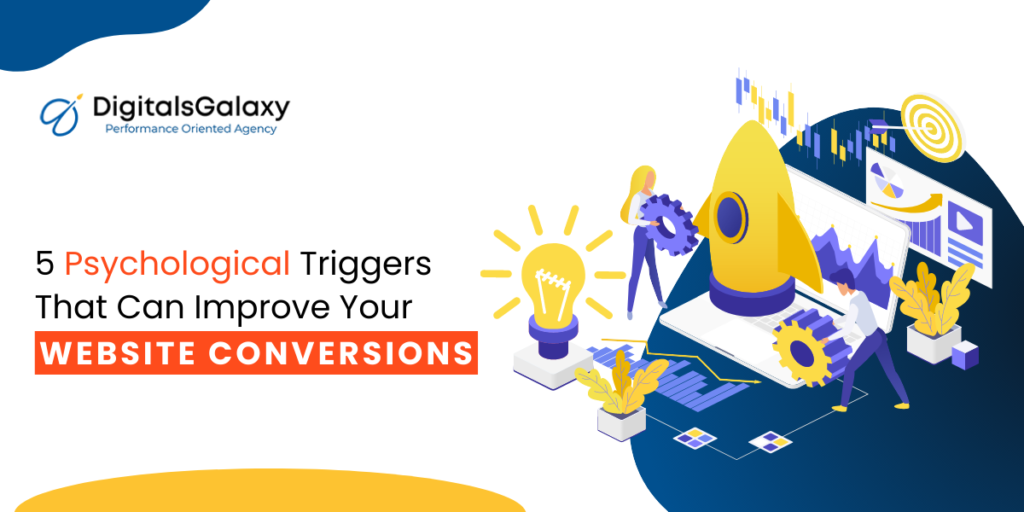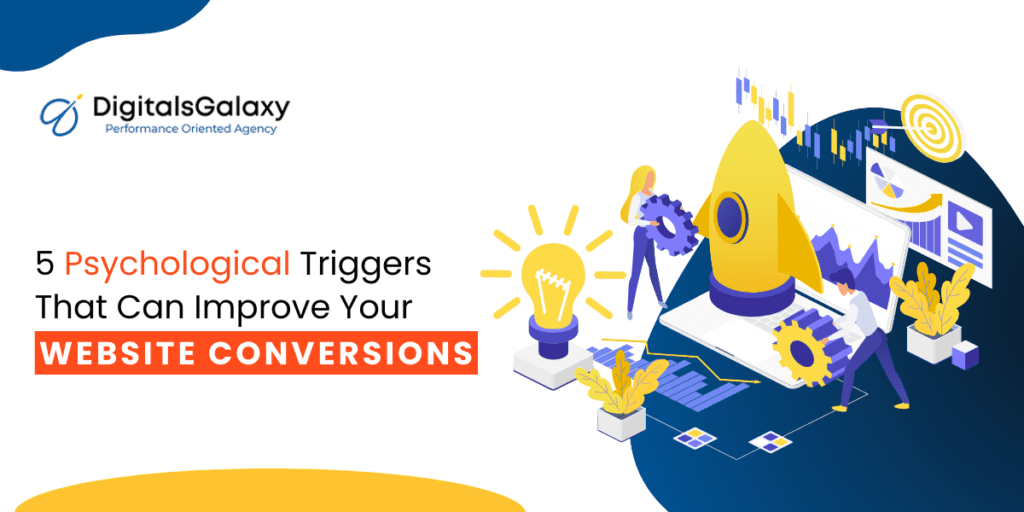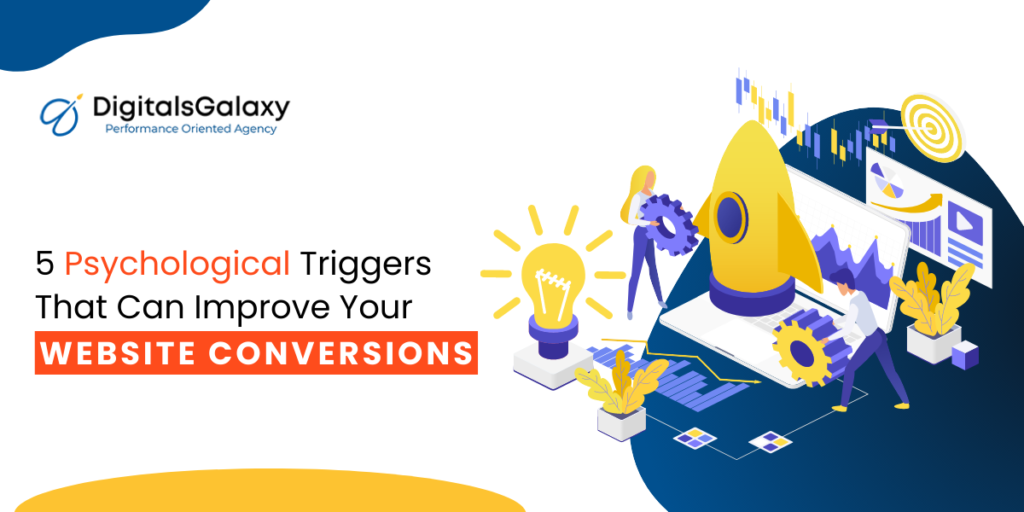In today’s digital age, consumers are inundated with endless marketing messages. Businesses are constantly vying for consumers’ attention, from social media ads to email campaigns. With so much noise in the marketplace, it’s becoming increasingly difficult for businesses to stand out and connect with their target audience. One of the most effective ways to cut through the noise and build a meaningful relationship with customers is through personalization.
Personalization in marketing has emerged as an essential strategy for business owners of retail businesses who want to boost client engagement and enhance revenue. Retailers may develop more relevant and engaging experiences to help them stand out in a crowded market by customizing marketing messages and offer to specific customers. Personalized marketing uses data to interact with target groups and current customers in order to give them the best marketing experience possible. Companies can find data patterns that can be used to target prospective customers. Not only do these analytics help marketers find their target audience, but they also help them keep in touch with leads throughout the buyer’s journey.
Personalized marketing is more than just putting the customer’s name in the same marketing email you send to all of your customers and changing the subject line. When you personalize your marketing, you get the right message to the right people at the right time. Not only does it add a human touch to your content, but it can also help you make money. Here are some reasons why you should tailor your marketing to each customer.
In this blog, we’ll explore the importance of personalization in marketing and how it can increase customer satisfaction.
What is personalization in marketing?
Personalization involves tailoring marketing messages and content to meet customers’ specific needs and preferences. Rather than using a one-size-fits-all approach, businesses collect data on their customers’ behaviours, interests, and preferences and use that information to deliver targeted marketing messages. Personalization can take many forms, including personalized email campaigns, product recommendations, and targeted ads.
When you use this data to customize the content your contacts receive via email ads and other platforms, you’re using personalized marketing.
Why is personalization important?
Personalization is essential for several reasons. First, it helps businesses stand out in a crowded marketplace. When consumers receive personalized messages that speak to their specific needs and interests, they are more likely to pay attention and engage with the content. Personalization also helps build trust with customers. When businesses show that they understand their customers’ needs and preferences, it demonstrates a commitment to providing high customer service.
Another benefit of personalization is that it can lead to increased sales and revenue. Businesses can increase customers’ likelihood of purchasing by delivering targeted messages and product recommendations. Personalization can also help businesses build brand loyalty. When customers feel that a business understands their needs and preferences, they are more likely to become repeat customers and recommend the business to others.
In today’s competitive marketplace, personalization is more important than ever. You can cut through the noise and build a meaningful relationship with your target audience by tailoring your marketing messages and content to meet individual customers’ specific needs and preferences. Personalization can lead to increased customer satisfaction, loyalty, and sales. Businesses can make the customer experience more personal and exciting by collecting information about their customers and using it to send them targeted messages.
How to personalize your marketing efforts?
One of the best ways for retailers to use personalization in marketing is to recommend products to customers based on their interests. Retailers can identify patterns and preferences using consumer data such as purchase history, browsing behaviour, and demographics. This information can be used to divide customers into groups that can be targeted with specific product suggestions. For example, if customers buy running shoes often, they might also be interested in buying running socks or a running watch. Retailers can also suggest things like a water bottle or a gym bag to accompany the item. Also, retailers can use machine learning models to look at a customer’s browsing history and other data to suggest similar products they might like, even if they haven’t purchased them before.
Once you have customer data, you can start tailoring your marketing messages and content to meet individual customers’ specific needs and preferences. This can be done by sending out personalized email campaigns with suggestions for products based on what the customer has bought in the past. You can also use retargeting ads to show customers products they have previously viewed on your website.
Another way to personalize your marketing efforts is to create targeted landing pages. Rather than directing all customers to the same landing page, you can create separate landing pages for different customer segments. For example, if you sell clothing, you could create separate landing pages for men and women or customers in different age groups.
The benefits of personalized marketing.
Personalization has become a buzzword in marketing in recent years, and for a good reason. With the rise of digital marketing, businesses have access to a lot of information that can be used to give customers a more personalized experience. Here are a few benefits of personalization in marketing and how it can help businesses build stronger relationships with their customers.
Increased customer engagement
Personalized marketing messages are more likely to resonate with customers than generic ones. Customers who receive marketing messages relevant to their interests and needs are more likely to engage with the content. This can increase click-through rates, conversion rates, and sales.
Improved customer experience
Personalization can help businesses create a better customer experience. When customers feel that a business understands their needs and preferences, they are more likely to feel satisfied with their interactions with the business. This can lead to increased loyalty and repeat business.
When you give a customer a customized experience, you show that you understand their needs.It makes their whole customer journey easier to manage and turns the buying process from a transaction into a relationship. When you develop that relationship, the consumer trusts your recommendations and is more likely to come to you when they have a need you can meet.
Higher ROI
Personalized marketing campaigns can be more effective than generic ones, leading to a higher return on investment (ROI). Businesses can increase customers’ likelihood of purchasing by delivering targeted messages to customers. This can lead to increased revenue and profits. On the other hand, personalized recommendations can get customers to spend more. About half of the buyers polled made an impulse purchase based on a brand’s recommendation, and 85% were satisfied with their purchase.
According to McKinsey & Company, one of the world’s premier marketing analytics providers, tailored marketing can improve sales by 10% (or more!) and provide up to an 8x ROI on marketing spend.
Increased customer loyalty
Personalization can help make connections between a business and its clients that are deeper and more meaningful. When customers believe that a company is paying attention to their needs and demands, they are much more likely to purchase from that company again and suggest it to their friends and family. This can potentially boost consumer loyalty and the company’s long-term success.
Competitive Advantage
In today’s crowded marketplace, businesses need to find ways to stand out from the competition. Personalization can help businesses stand out by giving customers a more customized and exciting experience.This can increase brand recognition and give them a competitive advantage over other businesses in the same industry.

